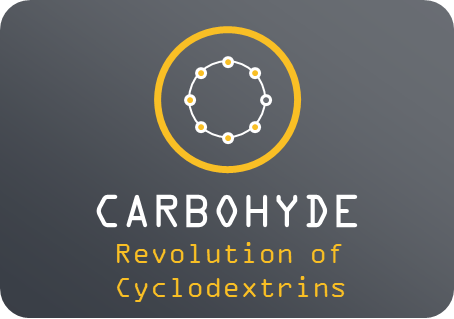New member of the company
We are happy to announce that Gergely Tóth will join the team of CarboHyde as a Strategic Director, responsible for the company’s financial, legal, and other functional areas.
Gergely has 2+ years of experience in the pharma sector; prior to that, he had worked in various roles in the energy industry.
“I Think This Is The Beginning Of A Beautiful Friendship!
I’m very excited to join a great Pharmaceutical startup, CarboHyde, as a Director of Strategy. I will be responsible for the financial, legal, and other functional areas. Here, we develop carbohydrate-based therapies and will help others to do so. Moreover, we are committed to building a TEAL-based company culture, which we believe will be a key strength of our company.”
Welcome on board, Gergely!






